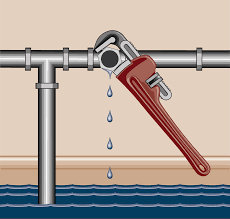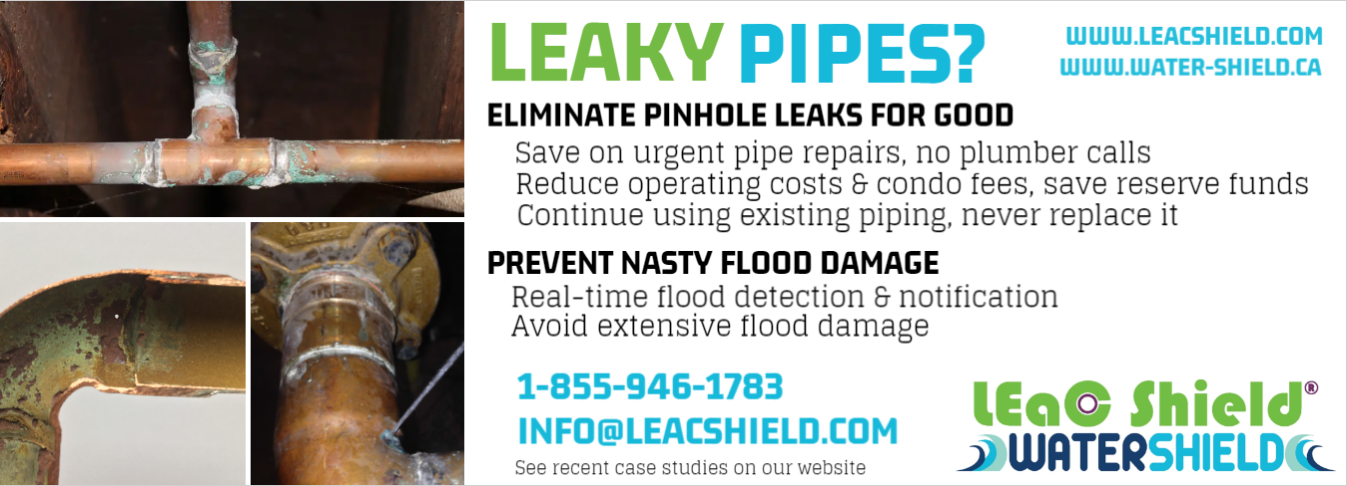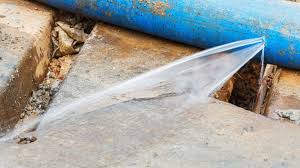 January 2024
January 2024
The Leaky Condo Crisis in British Columbia resulted in an estimated $3 billion to $5 billion in damage affecting tens of thousands of condos in the 1980s. Government responded by raising standards after the failures were attributed to designs inappropriate for the climate and cheaper materials that were used. Unaddressed was the lack of owner funding for ongoing maintenance.
Stratas In British Columbia (condominium corporations in Ontario) must undertake a reserve fund study every few years. There is no requirement that owners agree to provide funds in accordance with the study or for regular maintenance. Owners routinely failed to approve increases in condo fees to pay these costs so maintenance and repairs were routinely neglected. This situation is similar to what occurred prior to the Florida condominium building collapse.
A similar problem exists in Massachusetts. The Pinehills, a Plymouth luxury community of more than 5,000 residents is experiencing their own leaky condo crisis. Two communities of 612 homes include about 100 homes with water problems. Owners blame the problems on poor design and building techniques, including defective building enclosures, that lead to water damage in many homes. Defective building enclosures can lead to rotting, mould and delamination. Owners also claim that developers failed to charge enough in monthly condo fees. Developers claim the problem is poor maintenance, and that they are not responsible for raising condo fees after handing over control to a condo board. Lawsuits clam real estate agents covered up the problem. Homes are more than 20 years old.
Ontario has avoided similar problems. Condominium corporations are required to undertake reserve fund studies and to ensure funds are available in a separate account for these expenditures. Special assessments, raising additional amounts from owners, results when condo fees are too low and funds unavailable when needed.









